I love this quirk in swift (NOT).
It's one of the least intuitive gotchas of the language I know of. So it turns out that when you get a Dictionary with type AnyObject, Ints, Doubles, Floats, ARE NOT stored as the Swift native types. They're stored as... surprise! NSNumber.
Which leads to a whole host of unintuitive behavior, for instance type checking AnyObjects to see whether you have a Double or an Int (it can't be done).
For the same reason, your code is failing. Change it to:
let ddd = oneJson["restaurantId"] as! Int
print("ddd = \(ddd)")
let restaurantId = (oneJson["restaurantId"] as? NSNumber)?.longLongValue
And remind yourself again and again that when it's an AnyObject you're casting from, Swift is hiding from you the fact that it does a cast from NSNumber to Swift base types, and that in truth, they're still just NSNumbers.
